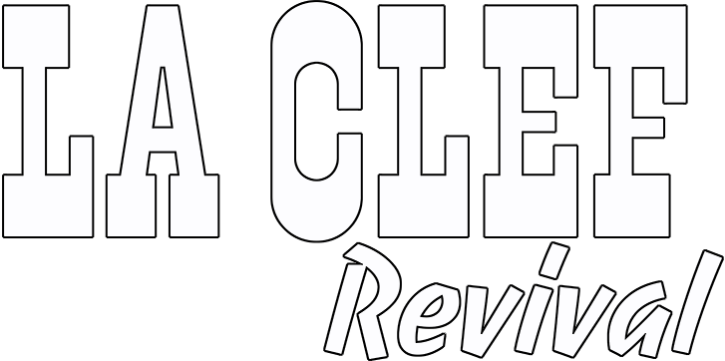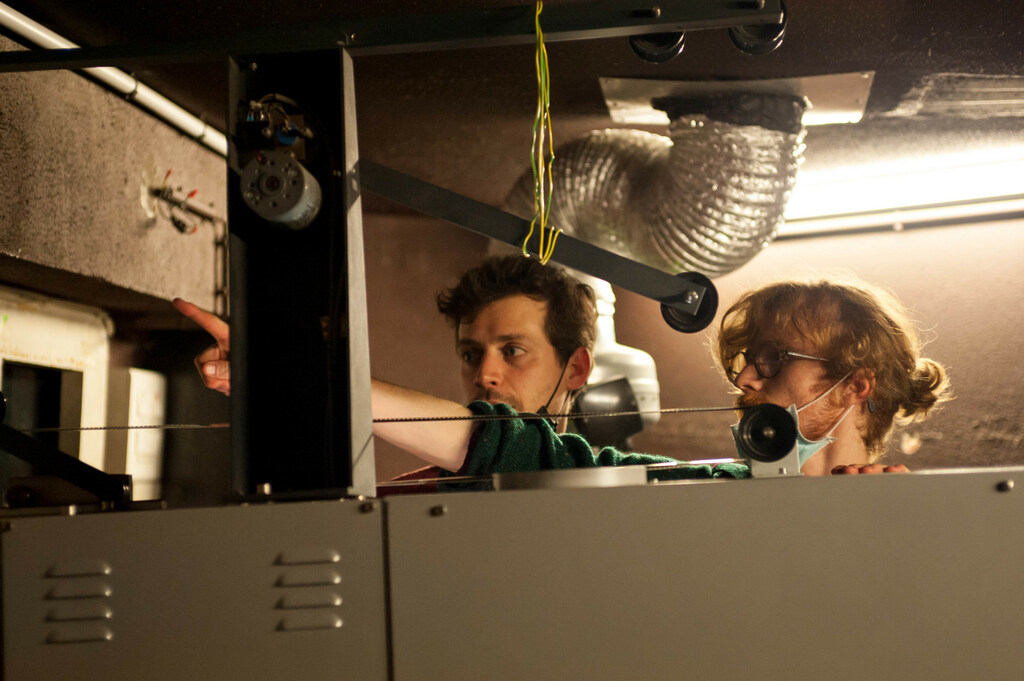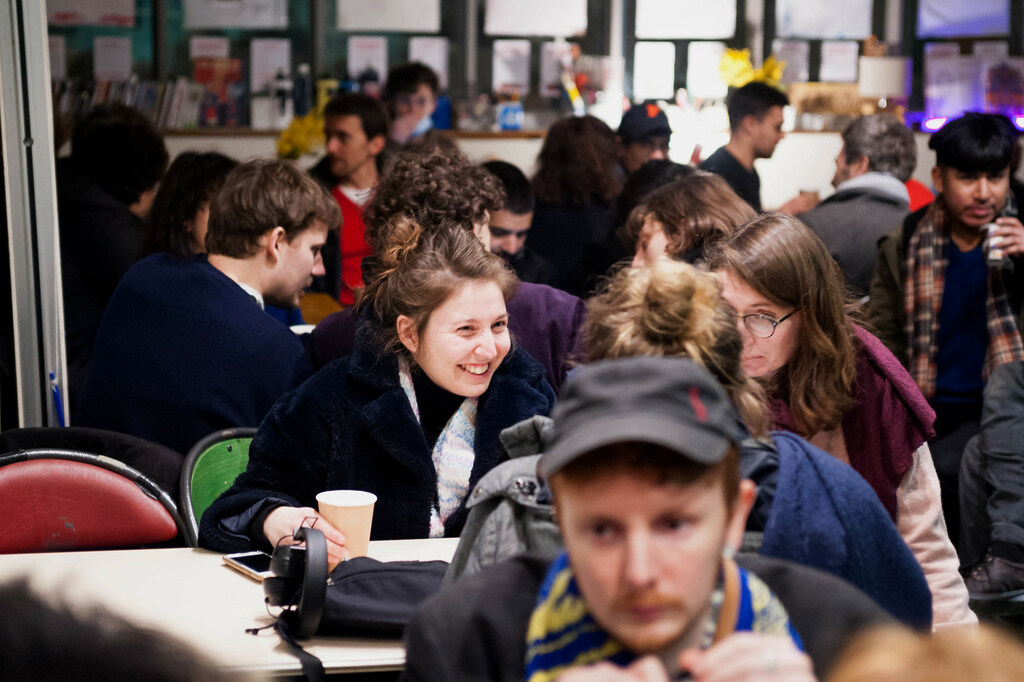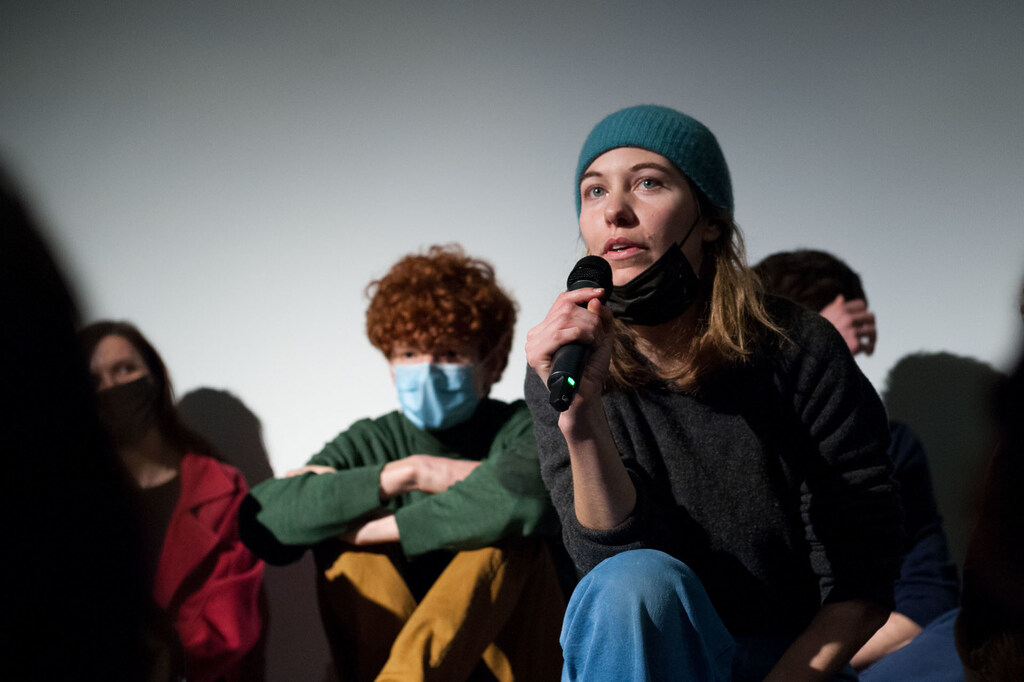Our takeover plan for La Clef takes influence from both the unique history of the cinema and the experience of the occupation, which we’ve tried to translate into legal, long-term action.
La Clef is the last associative cinema in Paris, and we’re keen to preserve this model – we’ll reinforce it even, with equitable methods of shared governance.
We’ll also continue to devote ourselves to lesser-known films: each screening will be unique, highlighting underrepresented cinemas and auteurs, activist works, short and self-produced films… The program will be curated collectively, with frequent cartes blanches to festivals and other associations: any volunteer who wishes to join can become a member of the collective, learn how to organize a screening and propose a film. This way, La Clef will maintain an eclectic program, as diverse as its audience. We’ll keep inviting film crews as often as possible to preserve the «permanent festival» spirit that made the occupation su (???)
We’ll also maintain the pay-what-you-can pricing policy initiated during the occupation, to continue democratizing access to cinema. The only difference is that we will now have an official, state-certified box office: in accordance with regulations, a portion of every admission will go to the film distributor, and another will be collected by the CNC (the French Film Center) to help finance independent cinema.
We’ll reopen the café/bar in the reception hall to encourage discussions between screenings and provide a convivial space for neighbours and students. The hall can also host initiatives by local associations: public forums, assemblies, participatory workshops, training courses…
The building is quite large – 800 square meters – and apart from the two projection rooms, the reception hall and a film development laboratory, many areas are not accessible to the public. We’ve decided to turn them into three post-production rooms for image and sound editing. Two of them will be available for rental to self-produced filmmakers and emerging production companies: this will ensure the association’s financial independence and viability, enabling its members to show the films they love without worrying about profitability! The third room will be reserved for the collective’s activities: production of film-tracts, editing training, amateur practices, relaunch of a creative residency, etc.
We’ll also install offices for two employees: one in charge of building and technical equipment maintenance, and the other responsible of administrative and financial supervision. These are crucial but complex and time-intensive tasks, that can’t be assigned to volunteers alone.
Most importantly, the employees will oversee the association’s budget: they’ll make sure that our revenues (annual membership fees, ticket sales, bar income, workspace rentals and subsidies) cover our expenses (upkeep of the premises, utilities and property taxes, loan repayments, salaries and supplies). The objective is not to make a profit, but to break even to
ensure the association’s continued existence.
These two employees will simply act as support staff – it’s the association’s members who will choose, with total independence, which films they show, which collectives they welcome and which new initiatives they implement. That’s the whole point of our project, based on the idea of culture as commons: we want to enable spectators to imagine and build the cinema of their dreams together. To achieve this, we will maintain a collegial governance and pay close attention to the transmission of knowledge by offering regular training sessions in programming, projection, communications, etc. to would-be volunteers.



